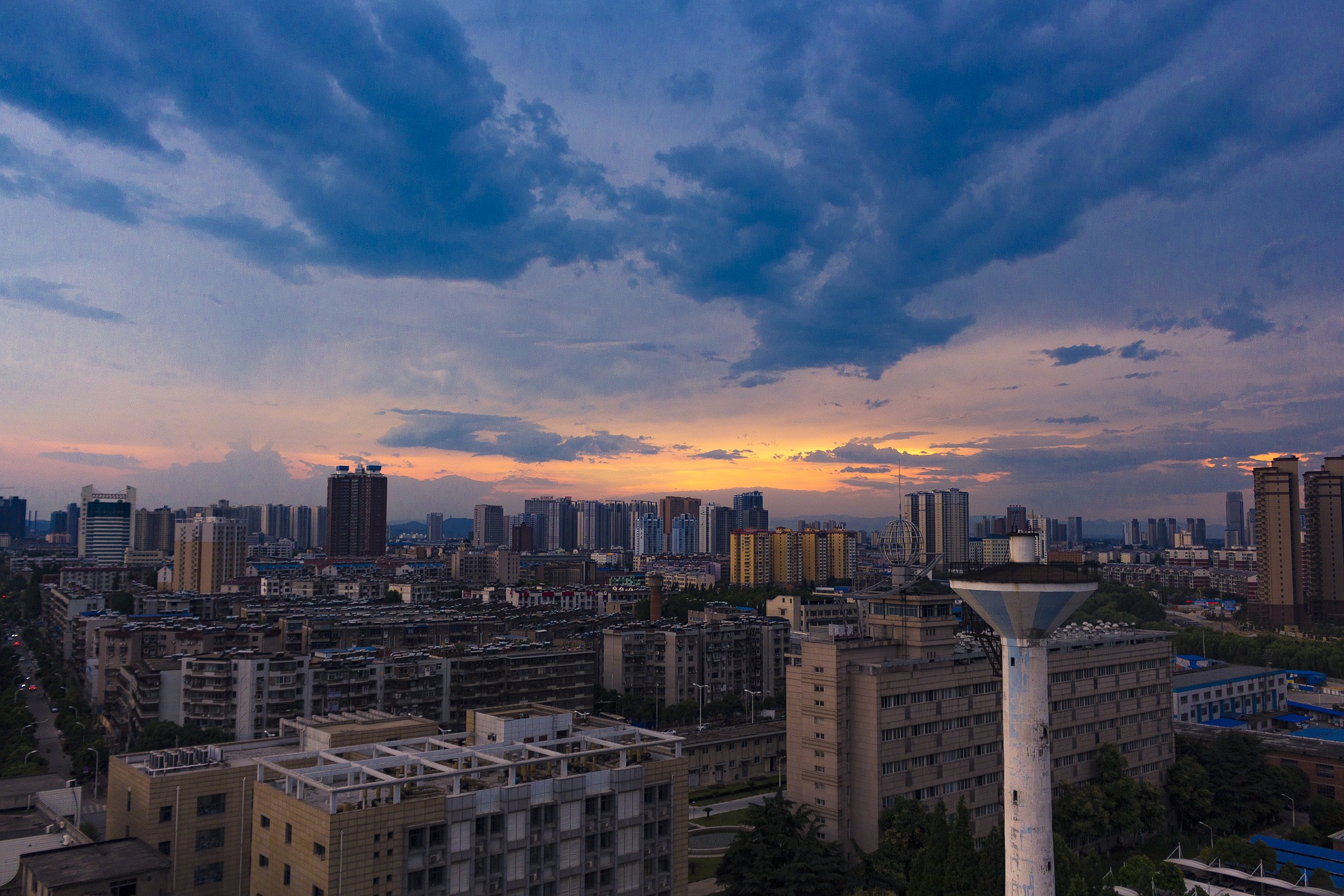To reduce the spread of coronavirus, billions of people around the world have been asked to stay at home. In China alone, at least half a billion people (7% of the world population) were forced to stay at home due to lockdown.
Since such measures have reduced various economic activities that were known to cause pollution, let us examine the impact of travel restrictions on the most populated cities in the world.
Contents
China’s Hubei Province
Sources site that since the government imposed travel restrictions, there has been a significant drop in the level of nitrate, one of the most harmful chemicals.
Nitrate is a dominant component in PM2.5 and contains tiny particles that measure around 3% of the diameter of human hair.
Due to its small size, it can penetrate the human lungs and into the bloodstream, hence leading to various heart complications.
Nitrate aerosols are created from nitrogen compounds that are usually emitted due to human activities such as burning diesel and fuel.
South Korea Cities
In March, South Korea reported the highest number of COVID-19 cases. However, since then, ground stations have measured some of the lowest levels of pollutions in the past seven years. Though South Korea was reluctant to impose major restrictions on residents, there have been changes in daily activities that are believed to have contributed to the drop.
Northern Italy
Similar patterns have been recorded across Italy following the introduction of nationwide lockdown. This happened after the same restrictions had been put in place in the northern part of Italy. They were put in place in February since the virus cases had surged in these areas.
The industrial belt in northern Italy has always experienced high air pollution levels, but in 2020, there has been a significant drop in the same.
Nitrogen dioxide is the main pollutant that was common in the northern part of Italy. Bergamo is one of the few provinces that is most affected by the virus and has since the lockdown, experienced a great improvement in the quality of air.
India’s New Delhi
Like many other cities in the north, New Delhi is covered in a thick blanket of smog every winter. This is always caused by the farmers burning crop residue. However, the air seems to gain some purity in spring.
In the first few months of this year, New Delhi experienced a reduction in the level of air pollution during the lockdown. This followed the lockdown that was put in place by Narenda Modi, the country’s prime minister.
It is important to mention that the population is not the only factor that leads to pollution in the part of the country. Experts state that air pollution levels can also be caused by local meteorologies such as wind speed and temperature.
However, it is true to say that before the lockdown was out in place, the air quality in major Indian towns was described as bad. Therefore, the lockdown has also played an integral role in reducing the rate of air pollution in New Delhi, India.
How Does Lockdown Reduce Air Pollution?
Before the virus, the world economy was active. There was a lot of movement and industries operated as usual. This led to the emission of harmful substances to the atmosphere.
However, when travel restrictions were put into place, there was no need for many industries to operate, and the motorists also limited their movements. As a result, there was little emission of substances such as nitrogen to the atmosphere, which then translated to improved quality of hair.
Though not all countries have recorded a reduction in pollution levels, quite a number of them have. Thus, lockdown, though a tool used to curb the spread of the virus, has helped save lives that would be otherwise lost due to air pollution.
The Bottom Line
A city is only said to be safe and comfortable if it has clean air. However, were it not for the lockdown, most of them would not have been able to achieve what can be described as clean air.
The cities mentioned above are just some parts of the world enjoying clean air after the governments banned social gatherings and placed travel restrictions.
Check out dealchecker for more information regarding the impacts of the lockdown on pollution.
The Daily Buzz combines the pursuit of interesting and intriguing facts with the innate human desire to rank and list things. From stereotypical cat pictures to crazy facts about the universe, every thing is designed to help you kill time in the most efficient manner, all while giving you something to either laugh at or think about!
